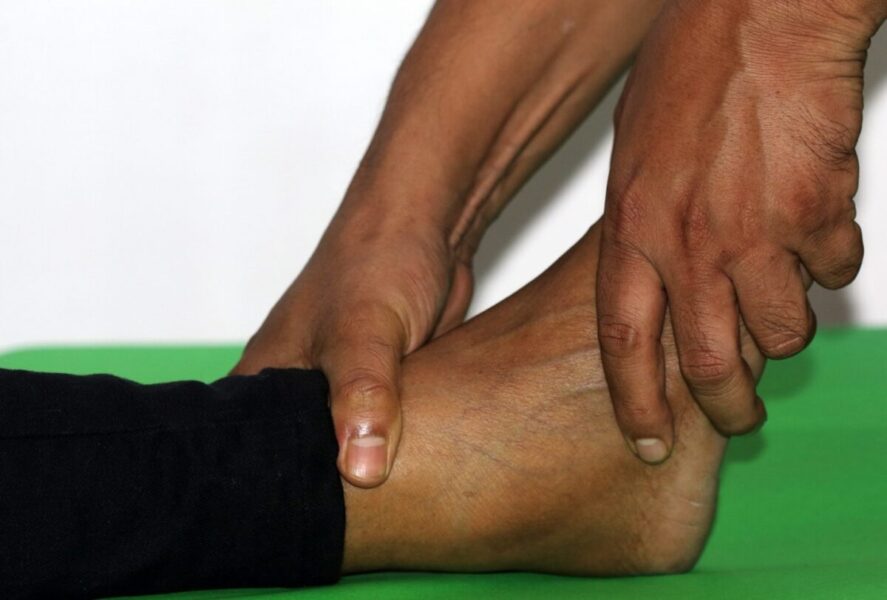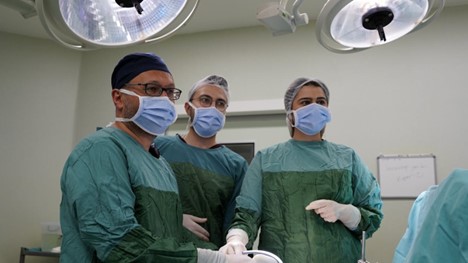Are Heated Blankets Bad for You? Unpacking the Truth
When the chill of winter sets in, heated blankets often become a cozy essential for many. But as comforting as they are, concerns about their safety and potential health risks often arise. Let’s delve into the facts to help you make an informed decision.
Benefits of Heated Blankets
- Warmth and Comfort: Heated blankets provide a consistent and adjustable source of warmth, making them perfect for cold nights.
- Improved Sleep: The gentle heat can relax muscles and promote better sleep, especially for those with insomnia or chronic pain.
- Energy Efficiency: Instead of heating an entire room, using a heated blanket can lower your energy bills.
Potential Risks of Heated Blankets
- Burn Risks: Prolonged exposure to heat, especially for individuals with sensitive skin or reduced sensation, can lead to burns.
- Fire Hazard: Although rare, malfunctioning heated blankets can pose a fire risk. Always follow manufacturer guidelines and inspect the blanket for damage.
- Electromagnetic Fields (EMFs): Heated blankets emit low levels of EMFs, which some studies suggest could have health implications. However, the risk is generally considered minimal.
- Health Concerns for Specific Groups:
- Pregnant Women: Overheating may increase risks during pregnancy. Use with caution.
- Children and Elderly: These groups may be more vulnerable to burns or misuse.
- Individuals with Medical Devices: Pacemakers or other electronic implants may be affected by EMFs. Consult your doctor if in doubt.
Safety Tips for Using Heated Blankets
- Inspect Regularly: Check for frayed wires, damaged fabric, or unusual smells.
- Avoid Overnight Use: While tempting, extended use can increase risks of burns or overheating.
- Use the Right Settings: Always follow the manufacturer’s instructions and choose appropriate heat levels.
- Turn Off When Unattended: Never leave a heated blanket on while you’re out of the room or sleeping.
- Choose Quality Products: Look for blankets with safety certifications, auto shut-off features, and reputable brands.
Alternatives to Heated Blankets
- Layered Bedding: Add extra blankets or thermal comforters.
- Heating Pads: Target specific areas for warmth without heating your entire body.
- Warm Clothing: Wear thermal pajamas or socks.
To learn more, check out this summary from MedicineNet.
Heated blankets can be a safe and effective way to stay warm when used correctly. By being mindful of potential risks and following safety tips, you can enjoy their benefits without worry. For those with specific health conditions or concerns, consulting a healthcare provider is always a good idea.
Enhance your experience to new heights with meticulously selected supplements from the prestigious Asher Longevity Institute. Embrace a holistic approach that ignites your body’s vitality and maximizes your overall well-being.




